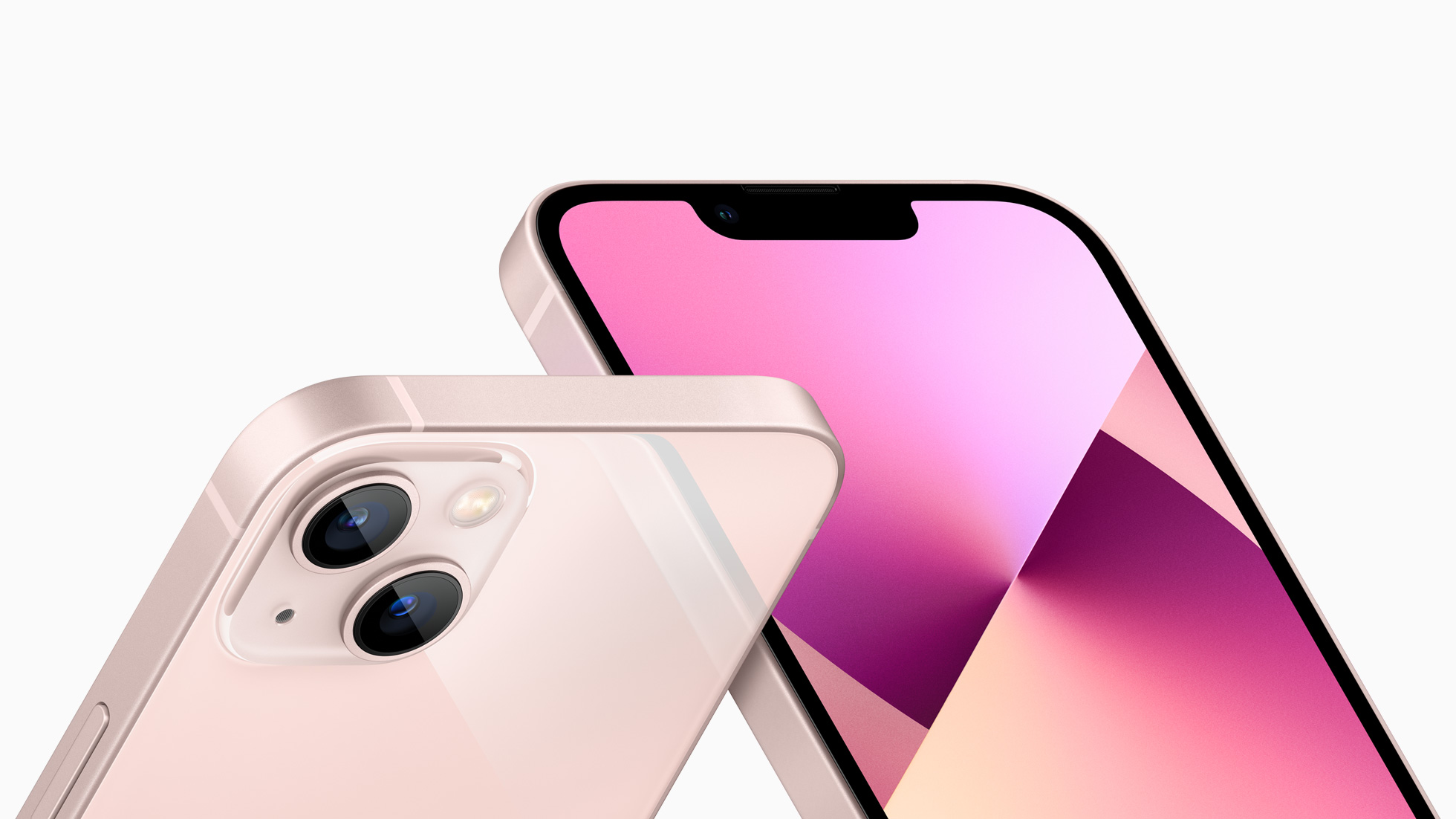Watch out! Third-party iPhone 13 screen repairs can break Face ID
Apple has made replacing the screen on the iPhone 13 prohibitively hard for third parties.

Get all the latest news, reviews, deals and buying guides on gorgeous tech, home and active products from the T3 experts
You are now subscribed
Your newsletter sign-up was successful
Replacing an iPhone 13’s screen officially is an expensive operation if you haven’t paid for AppleCare Plus. An out of warranty screen replacement costs between £216.44 for the iPhone 13 mini, all the way up to £316.44 for the iPhone 13 Pro Max, according to Apple.
Traditionally, third parties have undercut this and it was a sensible way to proceed for most people: a screen is a screen, after all. But for this generation, iFixIt has found that users with a broken iPhone 13 panel would be advised to pay Apple or someone from the company’s authorised repair network to do the replacement for them.
- Best phones: the very best smartphones, ranked
- iPhone 13 Pro vs iPhone 13: what are the differences?
- PLUS: Microsoft Teams free update beats Facebook to the metaverse
That’s because third parties replacing the iPhone 13’s screen will likely break Face ID in the process. And without Touch ID to provide fingerprint backup, you’ll be left typing in your pass code every time you want to unlock your phone.
Why was this not a problem on past iPhones? Well, it seems Apple has introduced a tiny microcontroller — “about the size of a Tic-Tac” according to iFixIt — which is paired to the screen. If the chip and screen don’t match, then Face ID won’t work as the iPhone won’t recognise the screen as official.
Technicians approved by Apple can “make an iPhone 13 accept a new screen with a few clicks inside their secret software”, but this obviously isn’t provided to unauthorised third parties. So the only alternative is an intricate removal and microsoldering of the existing chip to a new panel. It’s an operation not for the faint of heart, as this video demonstrates:

This additional security check will put screen replacements beyond the reach of many third parties, and drive up the costs of those who still offer to do so without breaking Face ID. If you’re a butter-fingered iPhone 13 owner, you’re probably best off taking out AppleCare Plus to reduce the cost of screen repair to £25 a time, or at least buying a suitably protective case.
Get all the latest news, reviews, deals and buying guides on gorgeous tech, home and active products from the T3 experts